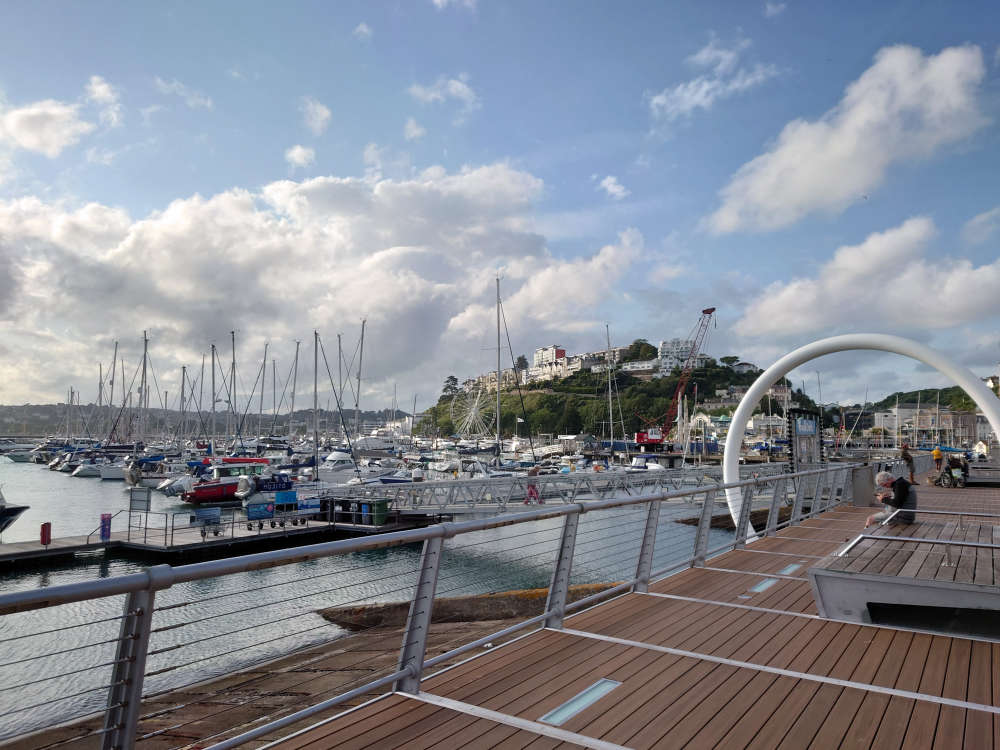
Some Devon County councillors think so
Fears have been raised about the potential impacts of the county’s proposed devolution deal with Torbay.
At a spiky special Decvon County Council cabinet meeting to kickstart a public consultation on the topic, opposition parties and district council leaders questioned the supposed benefits of creating a so-called combined county authority, or CCA.
Concerns included worries the new body would not be politically or socially representative of Devon, that Torbay overly benefits given its smaller population, and that the CCA could create an additional level of government that doesn’t actually achieve devolution.
But Devon’s leader John Hart (Conservative, Bickleigh & Wembury) was congratulated by his cabinet colleagues for his persistence in getting to the stage where a proposal had been formulated so it could be put out for consultation.
After a near two-hour discussion, the cabinet agreed to launch a six-week consultation from Monday 12 February, which will include public meetings in each of Devon’s eight districts.
But Cllr Frank Biederman (Fremington Rural), who leads the independent group of councillors, said the CCA scheme is a “desperate measure by a desperate government”.
“After 14 years of taking money away from Devon to support the likes of HS2 to buy red wall votes, we’re getting £50 million a year less than we were in 2010 [from central government],” he said.
“I can’t get excited about this, as we’ve been conned for 14 years and now we’re going to spend £1 million setting this new authority up. I feel the people of Devon don’t get or understand it, and the glossy presentation of it will tell us all wonderful things, but is it really going to guarantee extra money?”
Cllr Julian Brazil (Kingsbridge), Liberal Democrat leader of South Hams District Council suggested the proposed CCA was the “Torbay tail wagging the Devon dog”.
“Torbay has about one-sixth of Devon’s more than £800,000 population,” he said.
“When you look at the economic position of Torbay compared to Devon, they need support more than we do.
“Their financial and economic position is incredibly serious, and I don’t necessarily have a problem with more money going to Torbay, as if it does better, so will we, but I do think a wider remit of voting should be allowed to better help decide what happens.”
He added he thought it could be difficult to bring the people of Devon along in support of the proposal.
“The report on this goes out of its way to say it isn’t another level of government, but if it looks like a duck, and sounds like a duck, then it’s probably a duck,” he added.
Cllr Phil Twiss (Conservative, Feniton and Honiton) criticised the “dismal views” from some of the opposition. “They don’t get it,” he said.
“If it’s about three people [from Devon] making decisions then we have failed, but this proposal can’t amplify enough the need for cooperation and teamworking as being the most effective approach,” he said.
“This deal won’t work unless we work together with councils and partners.”
And Cllr James McInnes (Conservative, Hatherleigh & Chagford) criticised opposition parties for “talking when people are speaking and answering questions as they’ve already made their minds up”.
“But all their cynicism has geared me up to be more in favour of this than I was when I walked into the room,” he said.
Cllr Caroline Leaver (Barnstaple South), who leads the Liberal Democrats at Devon County Council, said she welcoms any additional money the devolution deal brings, but that it is a “drop in the ocean compared to what we need.”
She continued: “The key issue for me is, while having more powers is welcome, it’s difficult to see how this new authority will achieve it and do so in a way that is equitable, not just in terms of population size, but democratically equitable, too,” she said.
The proposed CCA will have 12 members, but only six – three from each of Devon and Torbay – will have full voting rights, although Devon and Torbay could grant voting rights to the other members.
Labour’s leader at Devon, Cllr Carol Whitton (St David’s & Haven Banks), questioned whether Devon residents “would feel any better represented through the CCA than through the existing arrangement?
“I’m concerned about the way the CCA will be constituted, with just three members voting from the Devon area,” she said.
“Devon is a hugely diverse area, from extreme rurality through to small market towns, coastal populations and urban centres, and I don’t see how three members of the existing cabinet can adequately represent those.”
She added she had concerns about the suggestion of extra funding, stating that the £16 million of “new money”, as supporters have claimed, is “not a big pot”.
Council officers said £16 million is new funding, and that the CCA would provide Devon greater control over the adult education budget, currently around £15 million and presently overseen by an entity linked to central government.
Cllr Martin Wrigley (Liberal Democrat, Dawlish) raised concerns that the CCA’s proposed role in communicating with Homes England to secure funds for housebuilding would get in district councils’ way in terms of their relationship with the central government department.
“While the report says no responsibilities are being taken away from districts, influence and relationships are,” he said.
He also questioned what the public consultation’s success criteria would be, in terms of how many people would have to support it for it to go ahead, or opposed to it to prevent it happening.
Once the consultation is complete, its findings will be reported to central government for a decision to be made, potentially by April.
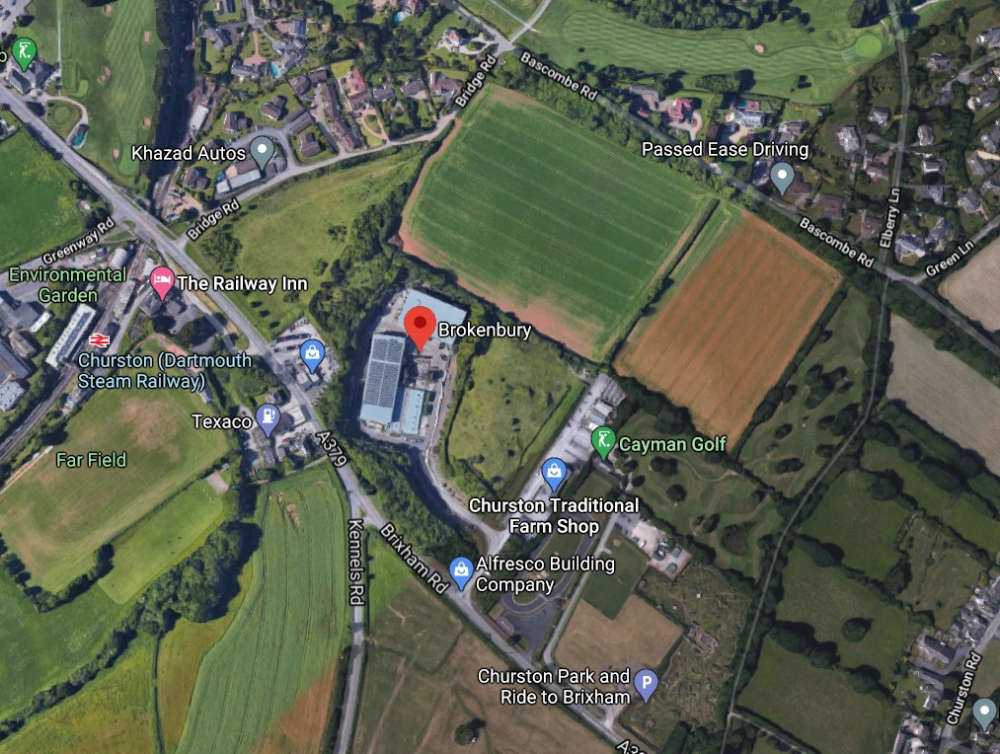 Official challenge to Torbay solar farm project
Official challenge to Torbay solar farm project
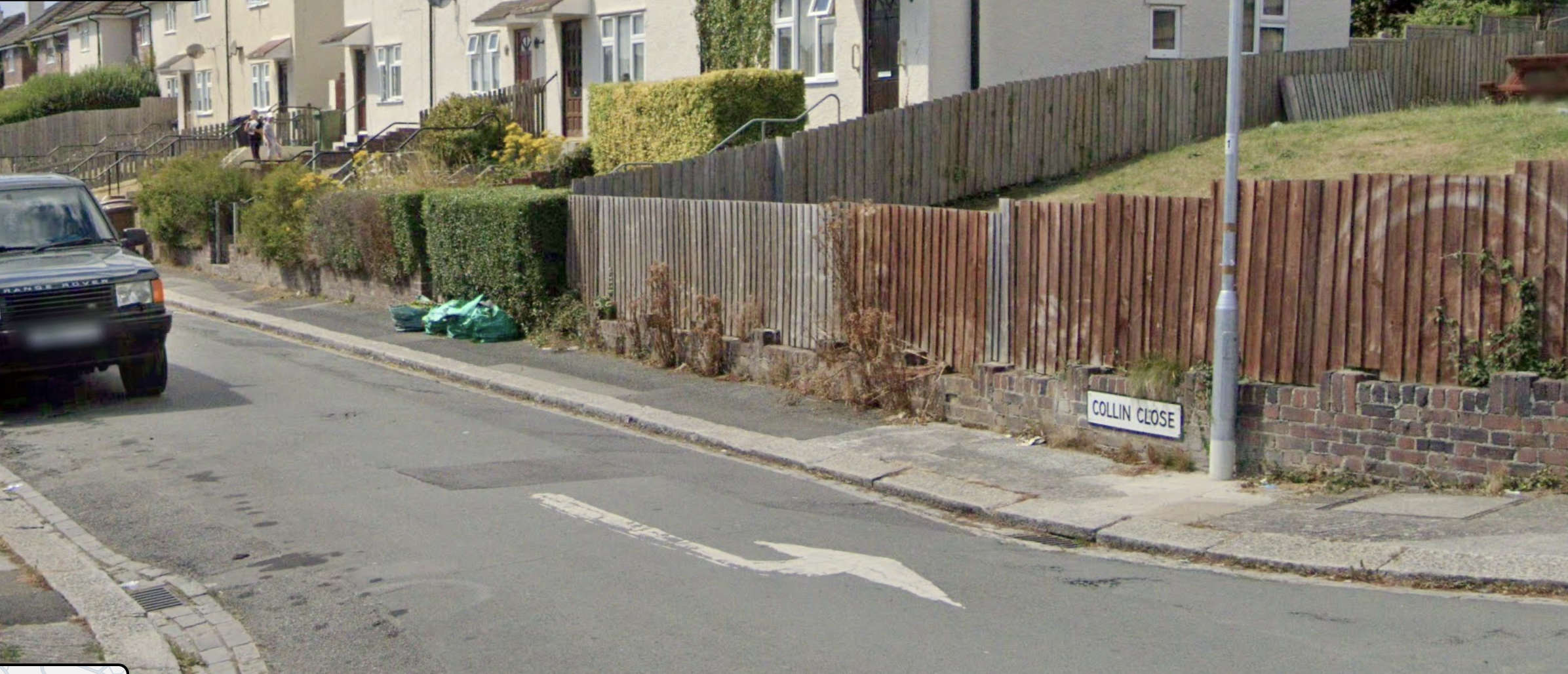 Two people injured in suspected Plymouth stabbing
Two people injured in suspected Plymouth stabbing
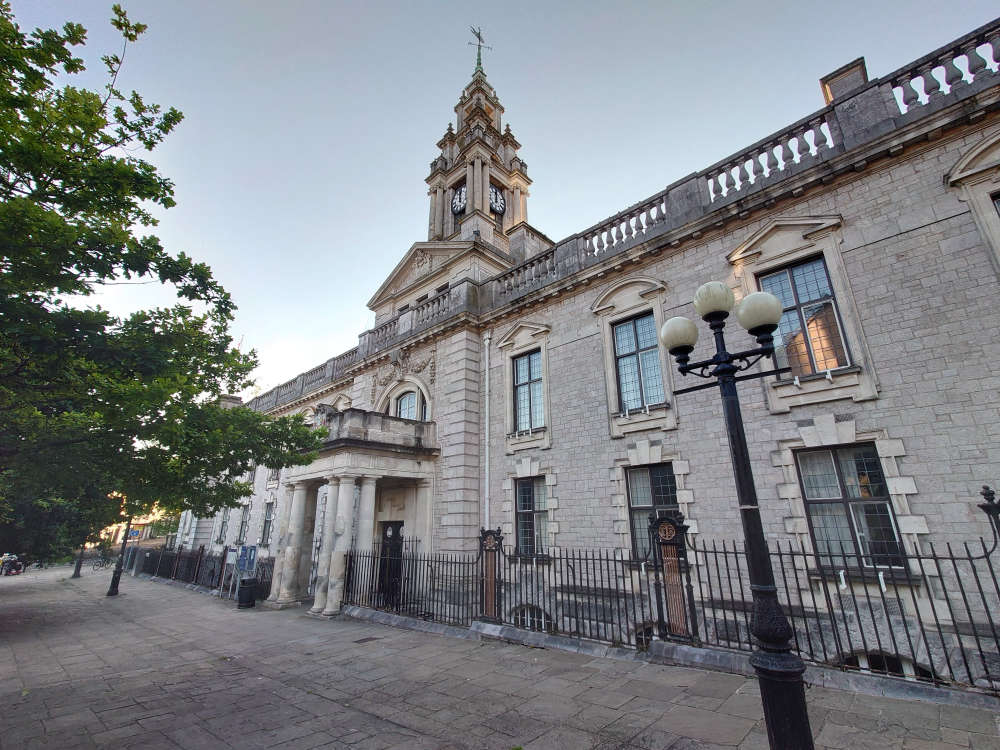 Four councillors banned from council tax debates
Four councillors banned from council tax debates
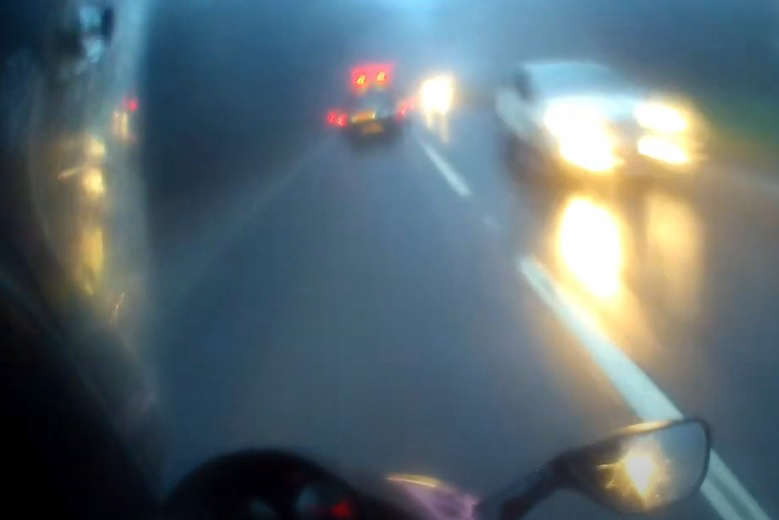 Video shows Devon biker causing horrific crash
Video shows Devon biker causing horrific crash
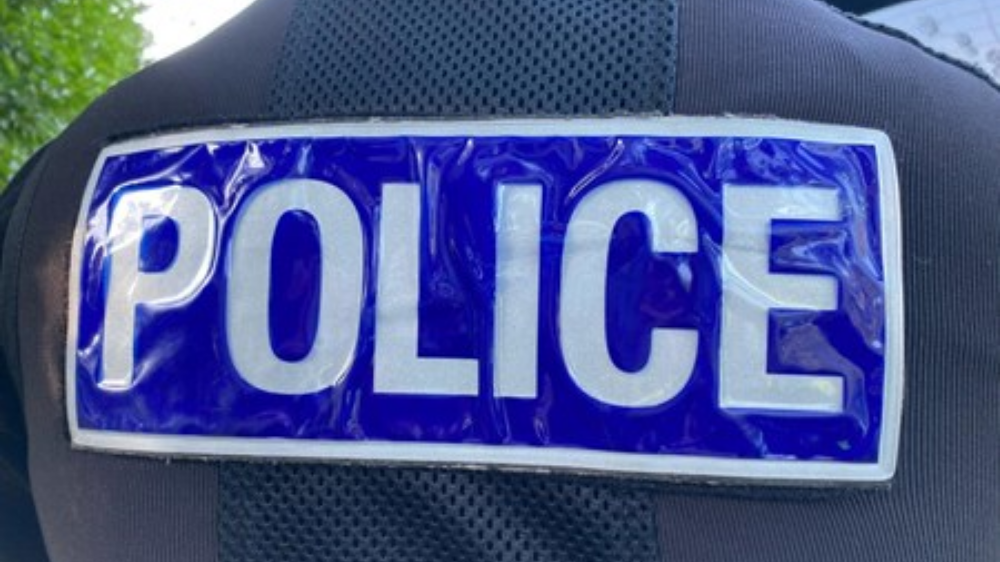 Murder charge after Kingsbridge crash
Murder charge after Kingsbridge crash
